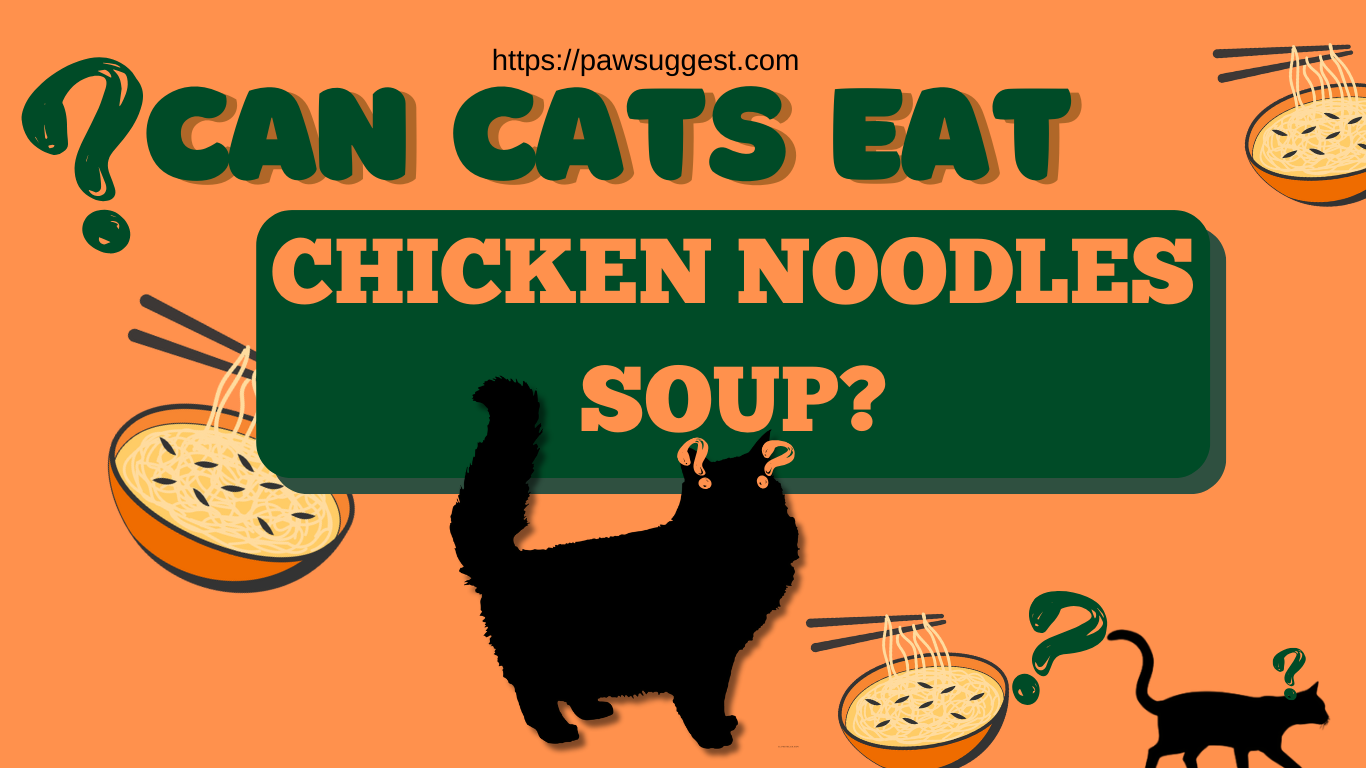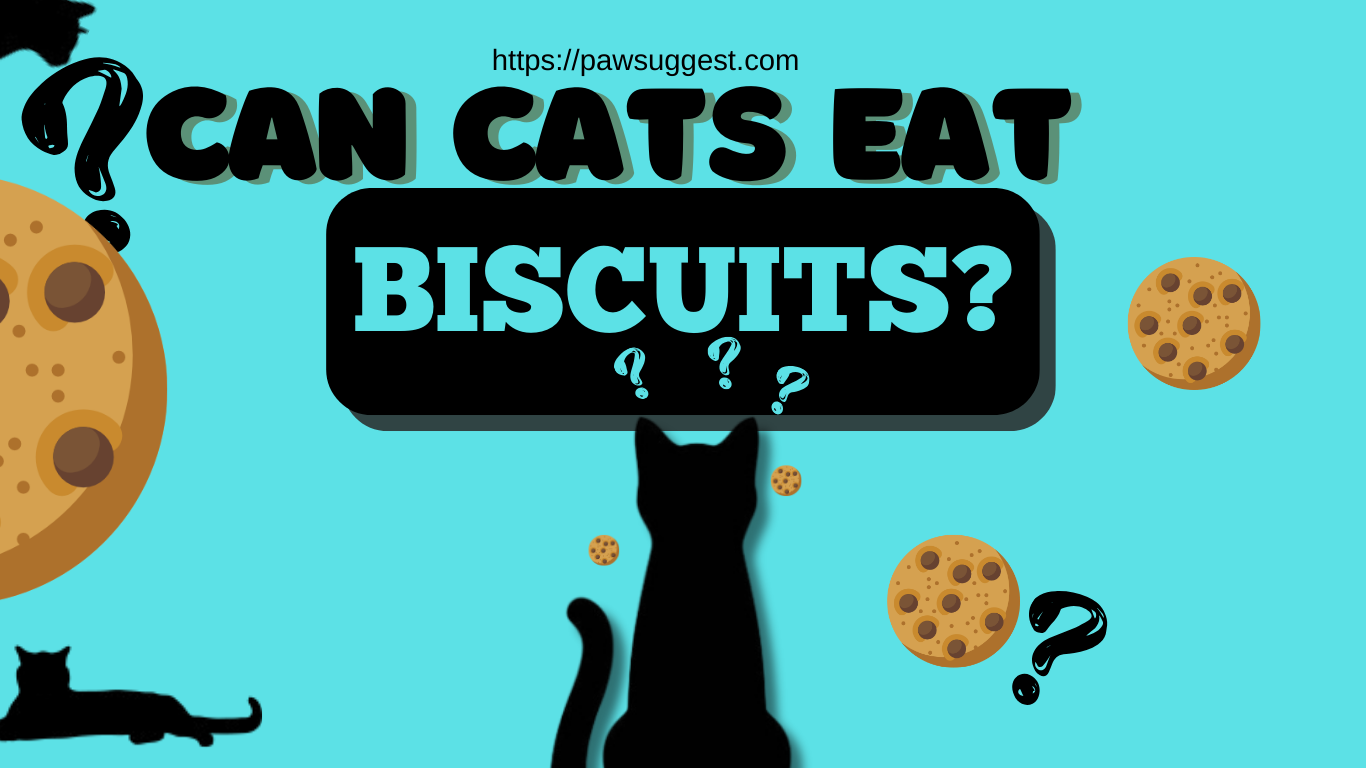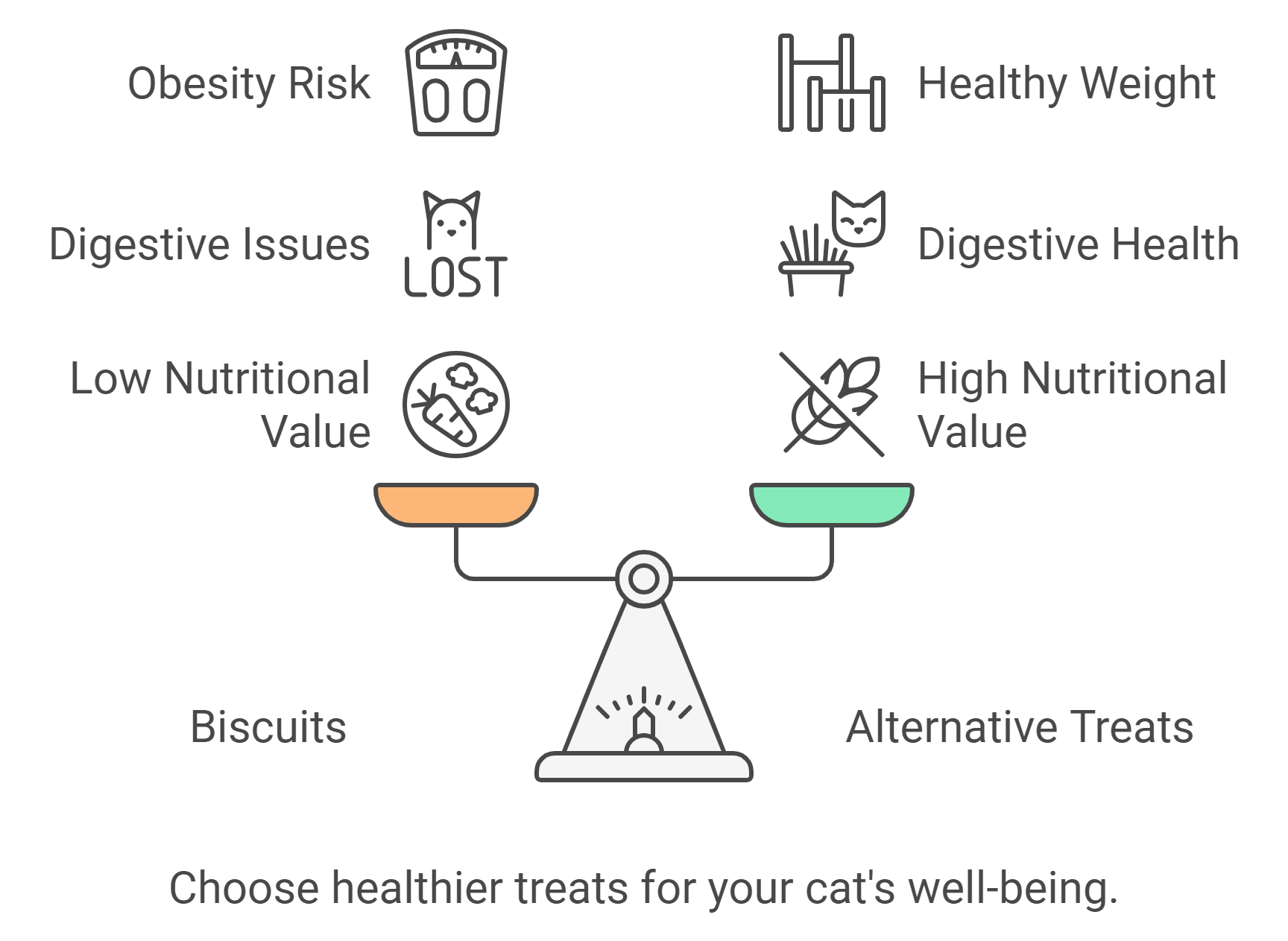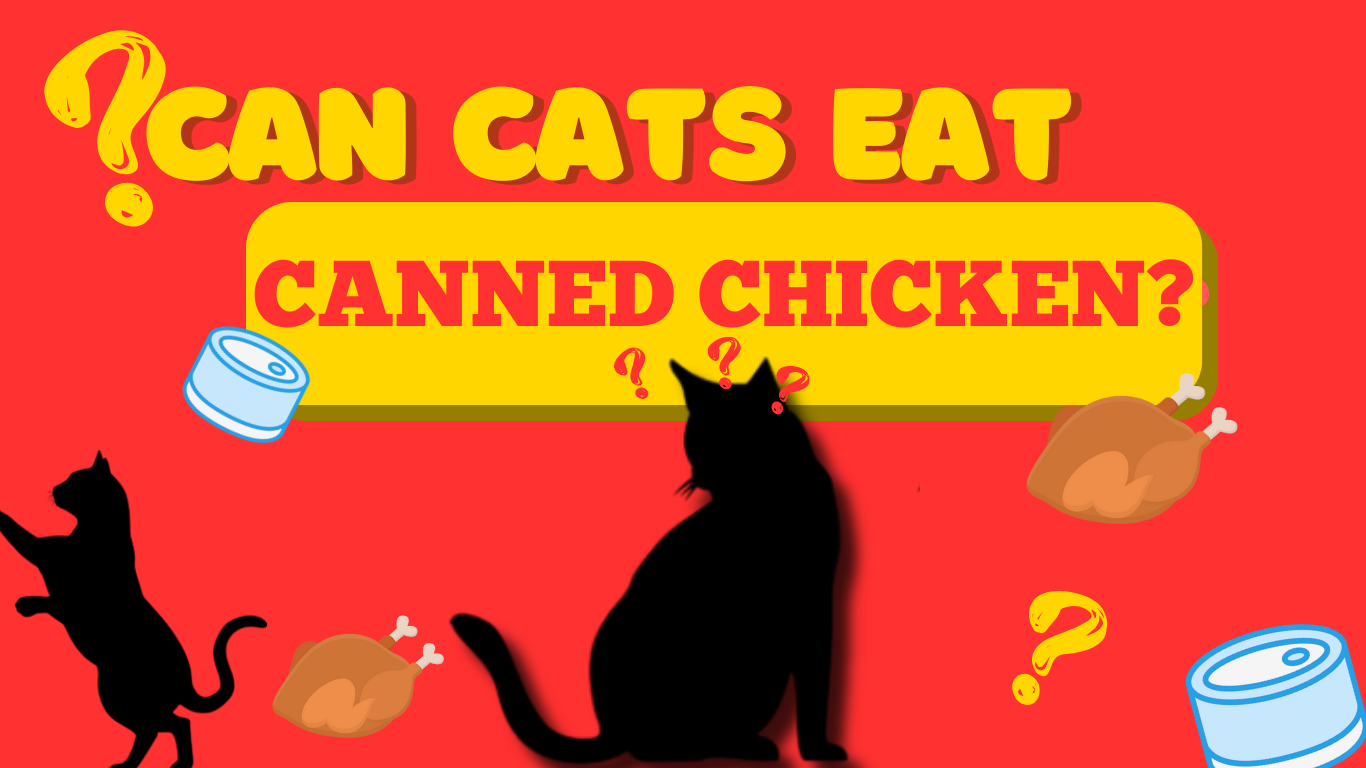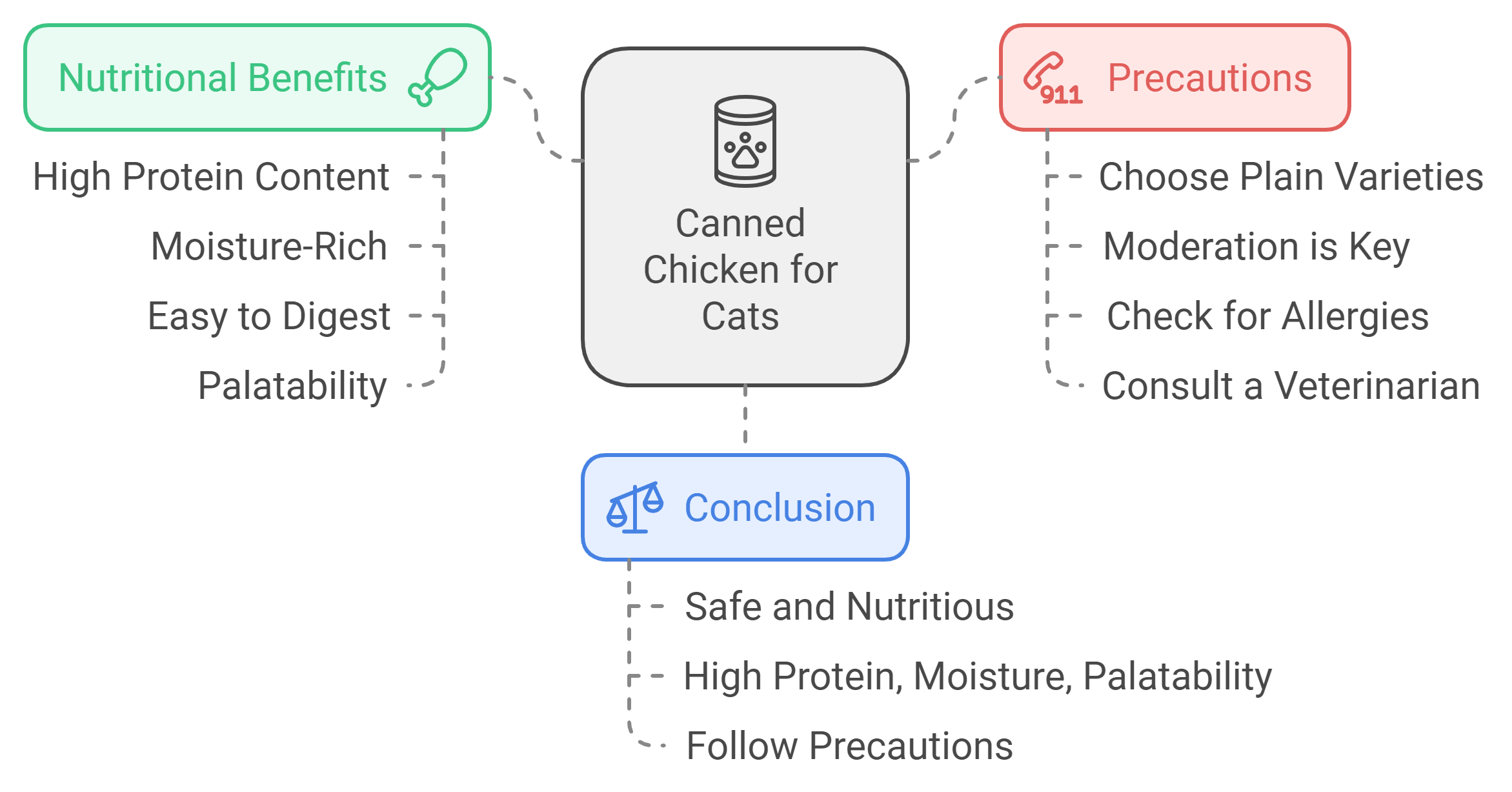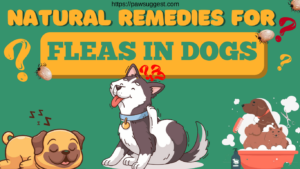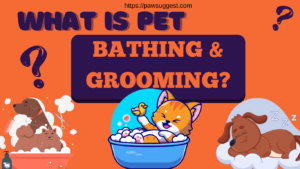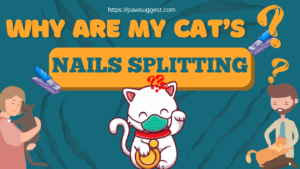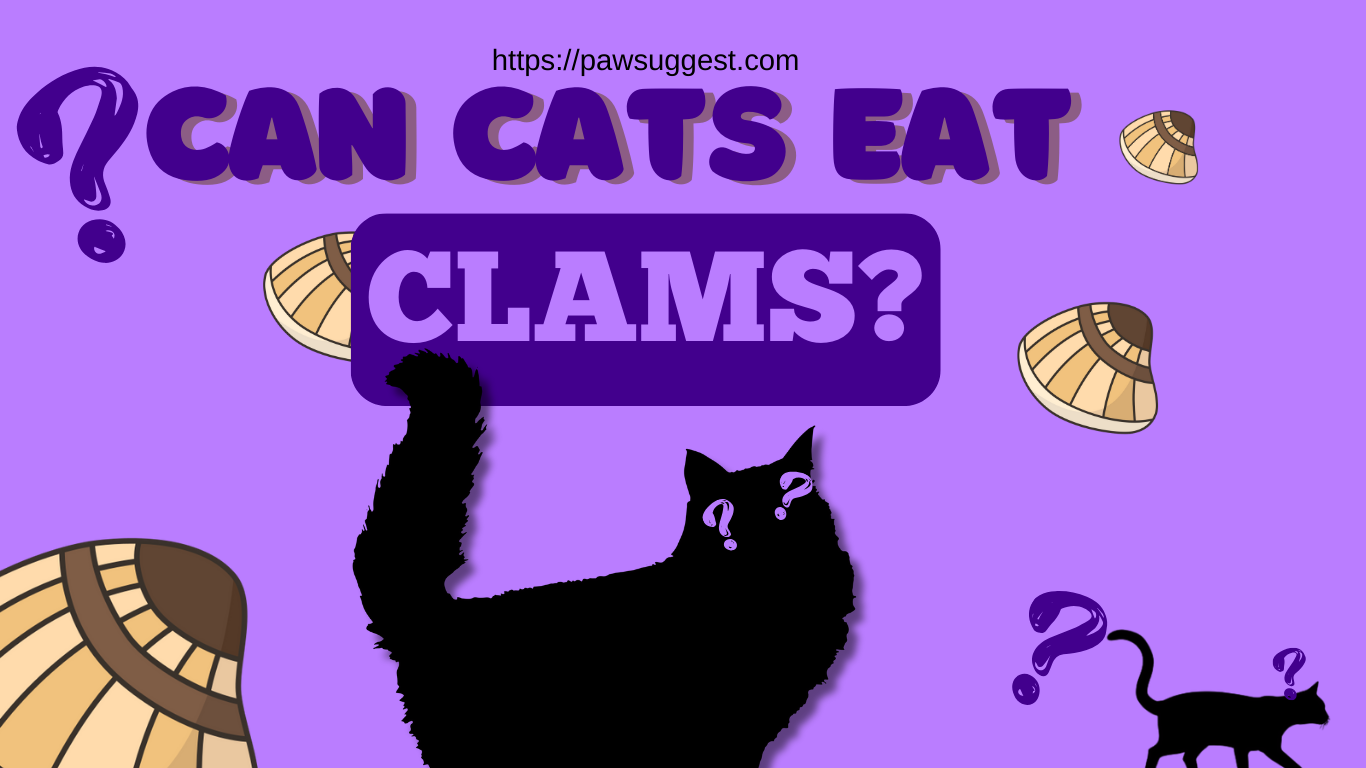
Every cat parent knows that kittens are carnivores and love meat, but people are always skeptical about cats being seafood eaters. That’s why many people ask, “Can I feed clams to my cat?” just like you.
So, the answer to this question is fortunately ‘Yes.’ But they shouldn’t be the only thing on your sweetheart’s diet.
To perfectly feed clams to your cat without any worries of consequences, you have to read this article thoroughly. So, let’s dig in without further ado:
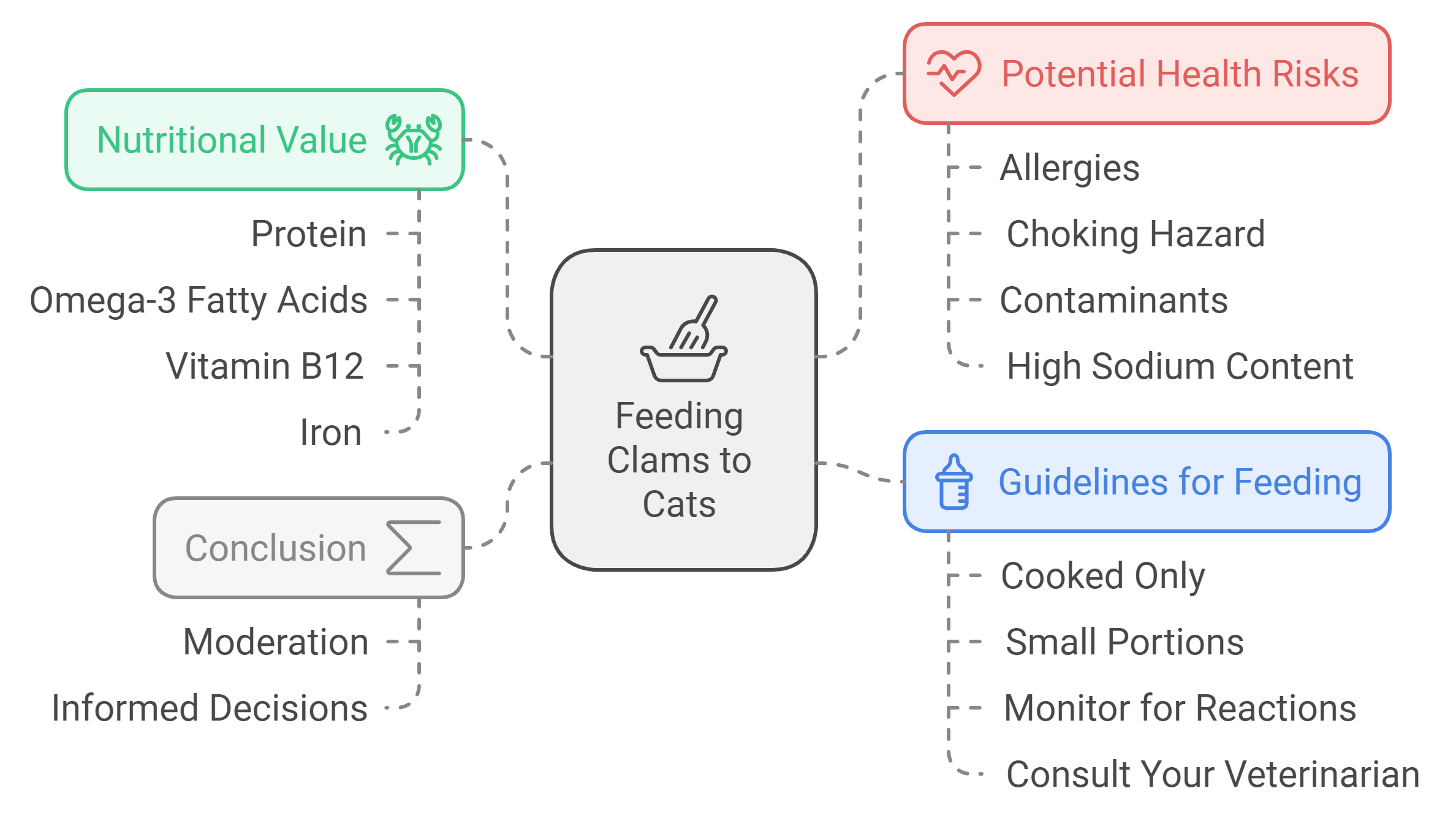
Can You Feed Clams to Your Cat?
[su_note note_color=”#72E8E1″ text_color=”#000000″ radius=”18″]Yes, cats can eat clams, but only in moderation. Clams are rich in protein, taurine, and essential vitamins. However, avoid raw or overly salty clams to prevent health risks.[/su_note]

But what exactly do clams contain?
Do they contain anything specific that attracts cats?
Are clams nutritionally right for cats?
Let’s find out:
Nutritional Value of Clams: Is it Safe for Your Cat?
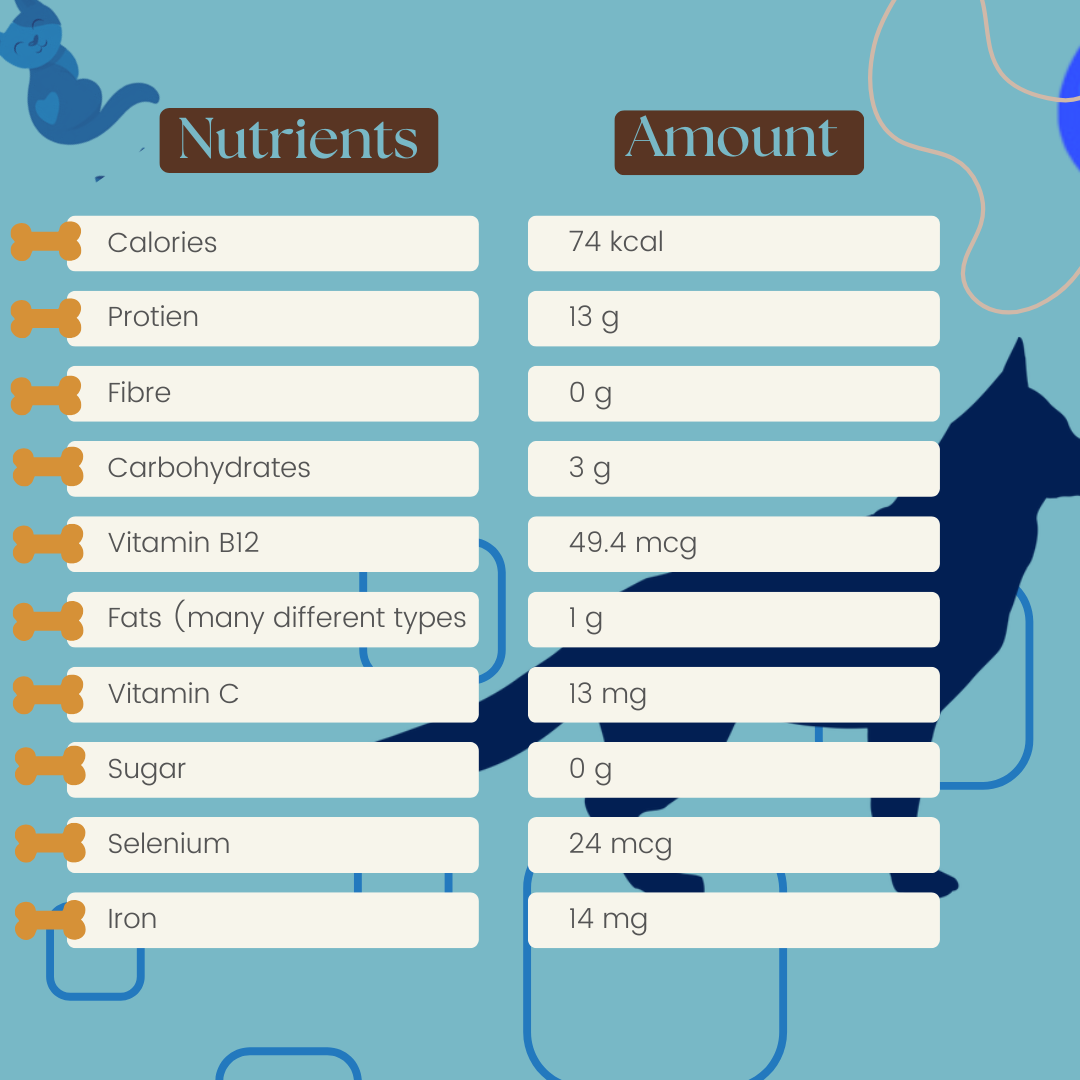
Talking about, clams contain good amount of calories (74kcal per 100g) that are even enough for humans. A grown cat should be fed nothing more than 400 calories which means that you shouldn’t feed too many clams to your pet.
Clams mainly consist of protein and that’s what cats need. This might be the reason why your cat always wants it. Another good thing about clams is that they don’t have any fiber or sugar because they should be included in cat’s diet as they can cause common issues like diarrhea.
Moreover, extremely low amount of fat and handsome amount of micronutrients like Vitamin B12 and C make clams more edible for cats.
Related: Can Cats Eat Chicken Noodle Soup?
Benefits of Feeding Clams to Your Cat
To know what benefits clams have for your feline, we have to dig deeper into components of clams. So, let’s go it:
Great Source of Protein and Vitamins
We all know that cats need protein no matter where they get it until or unless the food they are consuming is not toxic. In that regard, clams are great, if not ideal.
Other than protein, being rich in other vitamins like C and B12 is another specialty of clams. Not just vitamins but also other micronutrients like zinc and iron are great for physical health of cats (if not excessively).
Good for Cats with Taurine Deficiency
Taurine deficiency is quite common in cats but parents feel that it’s severe and can damage cat’s physical wellness badly. That’s why they panic and do something unwanted. If your cat is also facing the same problem, the solution is either in your fridge or seafood supermarket.
Note: Even if you are sure about your cat’s taurine deficiency, there should be no shame in first discussing it with the vet if you have any doubts in mind.
Risks Involved in Feeding Clams to Your Cat
Even after being an amazingly beneficial food item for cats, clams can be risky. But what risks are involved here? Let’s find out:
Digestive Sensitivity
Some cats especially small kittens are quite sensitive in many manners and one of them is the digestive system. You can get an idea of your cat’s digestive sensitivity by knowing whether it can digest milk or not.
If it can’t digest milk, it will never digest something like clams. In this case, clams might not be the right choice for your friend even if it has taurine deficiency.
Sodium Overload
Clams in general aren’t a problem in this case, but cooked and packed clams are mostly overloaded with sodium in the form of salt and preservatives. Cats can’t resist sodium as it’ll cause various problems for them due to dehydration:
- Kidney problems
- Diarrhea
- Nausea
- Vomiting
- Sickness (common)
Seafood Allergy
Seafood in general is non-toxic to cats and they love having some. But there have been signs of seafood allergy in cats. Seafood allergy is usually seen in younger cats. This issue is kind of related to sensitive digestive system of cats because usually, kitties with weak stomachs tend to have more seafood allergies (but it’s not proven).
Choking Hazard
As you are a responsible parent, we are sure you won’t make any mistakes that can harm your kitty. But to be aware of it, it’s important for you to know that clams you feed to your cat must be cooked, clean, and fresh.
When we say ‘clean,’ it doesn’t just mean washed. Instead, it also means that there shouldn’t be even traces of the shell as it can become a choking hazard.
FAQs
Can You Feed Raw Clam to Your Cat?
It’s a big NO!
Clams and especially their shell contains uncountable amount of harmful bacteria and toxins. Hence, letting your cat eat raw clams at the beach isn’t even an option. Moreover, if you think rinsing the meat after taking it out of the shell will do the job, you’re wrong as cooking is the only option you have.
Can you feed canned clams to your cat?
Yes but………
Same as hand-picked clams, canned ones should also be cooked. Moreover, you have to ensure that the can you are buying doesn’t have excessive amount of sodium (salt or preservatives).
Can your cat drink clam juice as well?
Yes!
Clam juice is even sad to be more nutritious and beneficial for felines than clam itself. But again, you have to eliminate salt out of equation partially if you can’t do it completely.
- Tip: If you don’t know what clam juice is, it’s actually the water that is left behind when clam is cooked.
Final Takeaway
Hence, you now know that whenever you buy clams for yourself, you should also buy them for your best friend because they are amazingly rich in nutrition for cats. However, it does never mean that you can let your cat eat clams on the beach whenever you go there. Moreover, clams have some components that can become a problem for your friend if fed excessively so keep an eye on your cat’s diet and take care of your favorite creature.
Stuck in any situation related to diet of your cat? Ask us anytime as we love helping you!

